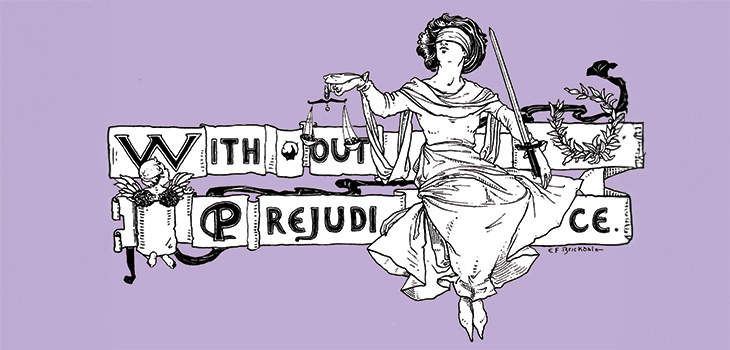
- Whether a police authority was liable for injuries suffered by a suspect who attempted suicide following release from custody,
- Capacity and the difficult exercise faced when expert evidence is inadequate
- The protection afforded to ‘without prejudice’ communications is not absolute.
Assumption of responsibility is an area of tort that has attracted much debate as there is no clear definition as to when it applies. As is usual, the law in this area has developed incrementally over time, with various rulings identifying specific situations in which someone could be deemed to have assumed responsibility.
Dobson (a protected party by his litigation friend Mrs Anne Dobson) v The Chief Constable of Leicestershire Police [2025] EWHC 272 (KB) centred on whether Leicestershire Police authority had assumed such a duty for Mr Dobson after he was discharged from their custody.
Mr Dobson is an insulin-dependent









